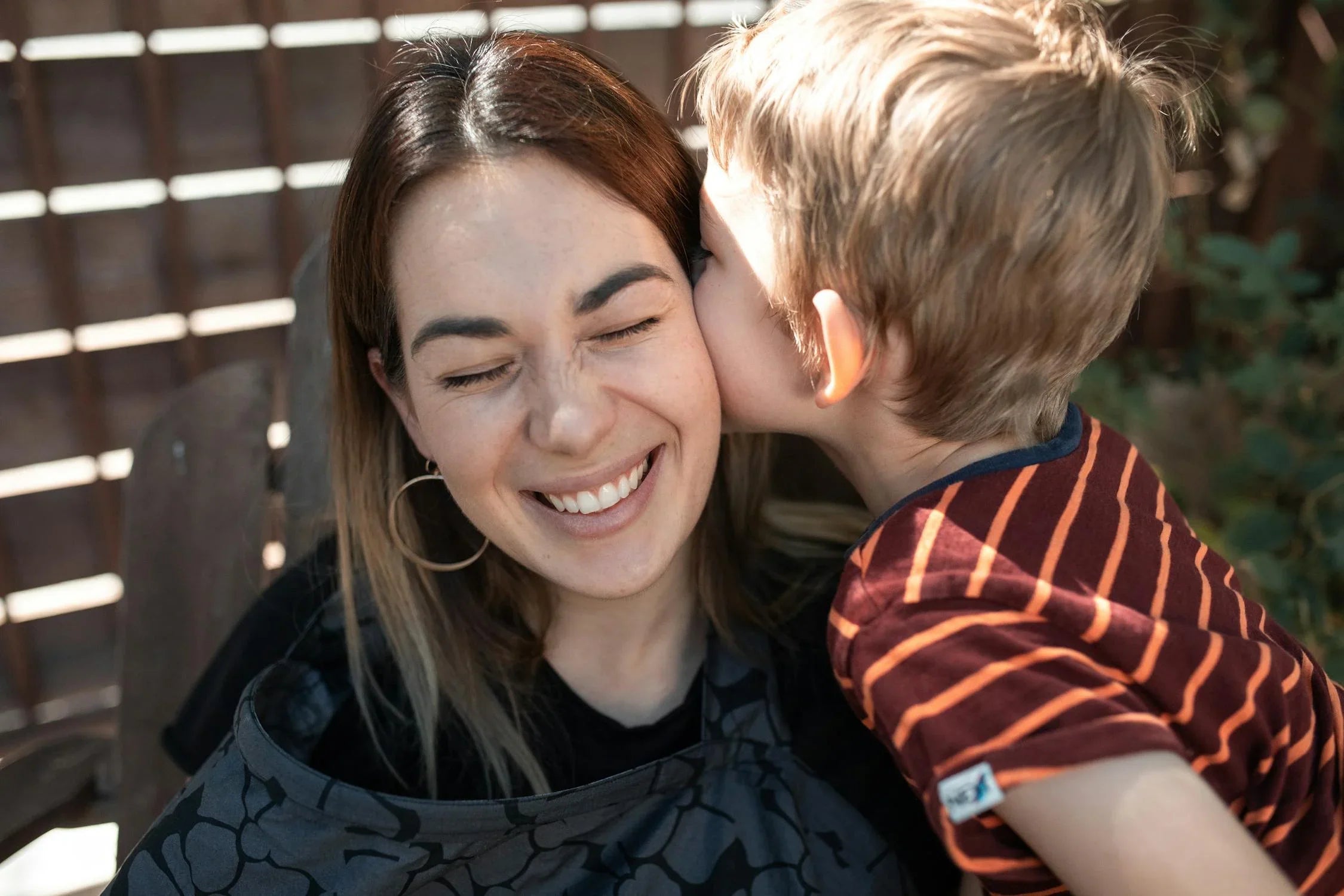Accueil
Pregnancy, Breastfeeding, and Pumping: The Ultimate Guide for Moms
How Many Days Later to Test for Pregnancy: A Complete Guide

How Many Days Later to Test for Pregnancy: A Complete Guide
When it comes to pregnancy testing, timing is everything. Knowing how many days later to test for pregnancy can make the difference between accurate results and unnecessary stress. This guide will walk you through everything you need to know about when and how to test for pregnancy, ensuring you get the most reliable outcome.
Understanding Pregnancy Tests
Pregnancy tests work by detecting the presence of human chorionic gonadotropin (hCG), a hormone produced during pregnancy. This hormone starts to appear in your body shortly after the fertilized egg attaches to the uterine lining. However, the levels of hCG can vary from woman to woman, which is why timing your test correctly is crucial.
When to Take a Pregnancy Test
The most accurate time to take a pregnancy test is after you have missed your period. For most women, this is about 14 days after ovulation. However, some tests claim to detect pregnancy as early as 7-10 days after conception. While these early tests can be tempting, they are not always reliable. The concentration of hCG in your urine may not be high enough to be detected by the test, leading to a false negative result.
Factors That Influence Test Accuracy
Several factors can influence the accuracy of a pregnancy test. These include the sensitivity of the test, the time of day you take the test, and how well you follow the instructions. Some tests are more sensitive than others and can detect lower levels of hCG. Taking the test first thing in the morning, when your urine is most concentrated, can also increase the likelihood of an accurate result.
Types of Pregnancy Tests
There are two main types of pregnancy tests: urine tests and blood tests. Urine tests are the most common and can be done at home. Blood tests, on the other hand, are usually done in a healthcare setting and can detect pregnancy earlier than urine tests. However, they are also more expensive and require a visit to a healthcare provider.
How to Take a Pregnancy Test
Taking a pregnancy test is relatively simple, but it’s important to follow the instructions carefully. Most tests involve either holding a test stick in your urine stream or dipping it into a cup of collected urine. After a few minutes, the test will display the results, usually as a line, a plus sign, or the words 'pregnant' or 'not pregnant.'
Interpreting the Results
Interpreting the results of a pregnancy test can sometimes be confusing. A positive result is usually clear, but a faint line can sometimes appear, which may indicate a very early pregnancy or a false positive. If you get a negative result but still suspect you might be pregnant, it’s a good idea to wait a few days and test again. If you continue to get negative results but still haven’t gotten your period, consider consulting a healthcare provider.
Common Mistakes to Avoid
There are several common mistakes that can lead to inaccurate results. These include taking the test too early, not following the instructions, and misinterpreting the results. To avoid these pitfalls, make sure to read the instructions carefully and wait until the recommended time to take the test. If you’re unsure about the results, consider taking another test or consulting a healthcare provider.
What to Do After a Positive Test
If you get a positive result on a pregnancy test, the next step is to confirm the pregnancy with a healthcare provider. They can perform a blood test or an ultrasound to confirm the pregnancy and estimate how far along you are. This is also a good time to start thinking about prenatal care and making any necessary lifestyle changes to support a healthy pregnancy.
What to Do After a Negative Test
If you get a negative result but still haven’t gotten your period, don’t panic. There are several reasons why you might have missed your period, including stress, illness, or hormonal imbalances. If you continue to get negative results but still haven’t gotten your period, consider consulting a healthcare provider to rule out any underlying issues.
When to Seek Medical Advice
If you’re experiencing symptoms of pregnancy but continue to get negative results on your tests, it’s a good idea to seek medical advice. There could be other reasons for your symptoms, such as a hormonal imbalance or a medical condition. A healthcare provider can perform additional tests to determine the cause of your symptoms and provide appropriate treatment.
Understanding how many days later to test for pregnancy can help you get the most accurate results and reduce unnecessary stress. By following the guidelines in this article, you can ensure that you’re testing at the right time and interpreting the results correctly. Whether you’re hoping for a positive or negative result, knowing when to test is the first step in your pregnancy journey.
Partager
